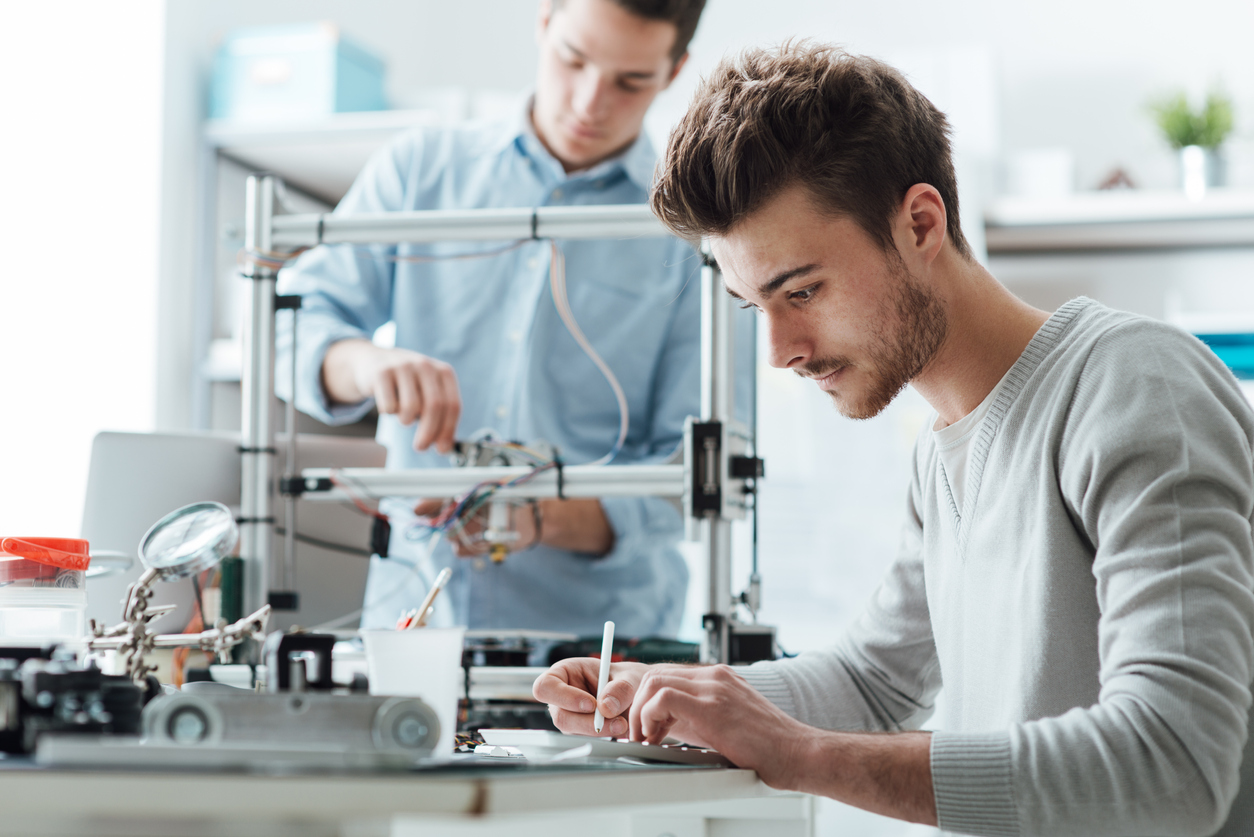It is estimated that a conventional car has around 4,000 components manufactured by a multitude of suppliers in different countries. Even a simple combi refrigerator is made up of hundreds of components including a multitude of plastic or metal housings, a condenser, two compressors, an HMI interface, a thermostat and a very long etcetera. If every manufacturer were to try to produce all the components of its vehicles or appliances, it would probably be ruinous to produce them. This is why it is so important to have an original design manufacturer (ODM).
This same logic is applicable to all types of smaller and less complex devices, such as consumer electronics, medical devices or those that make up the connected home, among others. This is why the big commercial brands decide to turn to suppliers to produce the specific parts and components required for their products and thus be able to offer more competitive prices with certain quality standards.
Original Design Manufacturers (ODMs) are suppliers that, like IDELT, have specialized in the manufacture of certain elements and components, and have developed very high quality solutions that are very difficult for the final customer to manufacture in terms of competitiveness.
One of the real value proposals of ODMs is that they are able to design components specifically to meet the specific needs of each customer. Although in each production sector there are a large number of elements that are common to different commercial brands and their manufacture is standardized, many other manufacturers ask their suppliers for customized, specific solutions with a very high added value in order to manufacture differential and luxury products.
In order to be able to satisfy this demand, supplier companies must set up an integral production process that addresses different phases and has quality and customer support as two of its hallmarks. In the case of IDELT, this production process involves its different departments, from sales to R&D and after-sales service, so that the result is exceptional from every point of view.
Before determining the scope and nature of their work, it is necessary to make a difference between Original Equipment Manufacturers (OEMs) and Original Design Manufacturers (ODMs); the ODMs are companies that manufacture products that have been previously designed by another company. In this case, the ODM only has to adapt its production process to the specific needs of the product, which are given by its OEM customer; however, OEMs design and produce their own products with unique features and style, although based on the requirements or demands of the market; that is, the OEM owns the original design of the product and manufactures it with a range of customization thanks to the know-how and technology of the ODM.
That’s why the ODM’s such as IDELT carry out integrated production processes that involve several steps:
Design
The customer brings a specific need so that the ODM can design a proposal with certain characteristics, design, aesthetics and functionality. This process includes the contribution of ideas and guidelines to extract the first sketches, and requires a constructive communication between ODM and client that ends with the sharing of ideas that will contribute to shape the final product.
Prototyting
The prototyping phase is one of the most important for the configuration of the final product, and consists of two processes:
– The verification that the assembly of the parts is adequate.
– Checking that the sensations of use meet the customer’s expectations.
The prototype is the one that allows the final customer to know in advance if the proposal that has begun to be produced is the one he needs from the point of view of design and functionality
a del diseño y de la funcionalidad.
Mold and tooling manufacturing
Mold manufacturing is one of the most critical parts of the process, requiring specific technology to adapt the molds to the materials and production volume foreseen. Final adjustments are made at this stage to avoid delays, especially during the homologation phase.
Serial production
Once the molds and tooling have been validated, the series production begins. To do this, it must be verified that the series are produced without defects, burrs, bursts or any other type of defect. This verification and optimization process continues with the specific treatment of the molds so that the parts incorporate the predefined aesthetics that will guarantee a unique user experience. The final design is then taken to mass production, depending on the customer’s needs.

